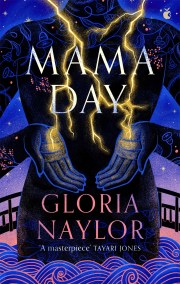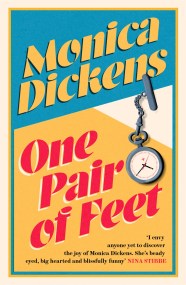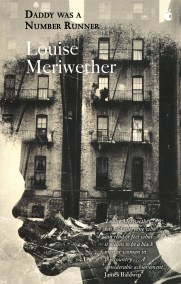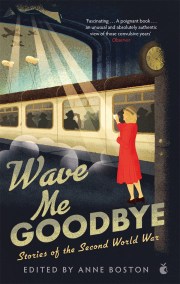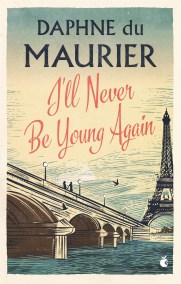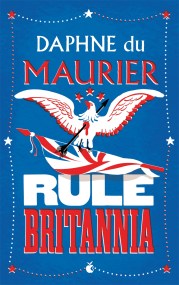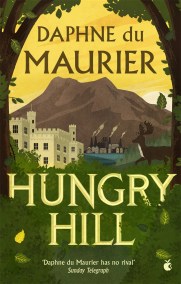Remember you must die.
Dame Lettie Colston is the first of her circle to receive insinuating anonymous phone calls. Neither she, nor her friends, wish to be reminded of their mortality, and their geriatric feathers are thoroughly ruffled. As the caller’s activities become more widespread, old secrets are dusted off, exposing post and present duplicities, self-deception and blackmail. Nobody is above suspicion.
Witty, poignant and wickedly hilarious, Memento Mori may ostensibly concern death, but it is a book which leaves one relishing life all the more.
Books included in the VMC 40th anniversary series include: Frost in May by Antonia White; The Collected Stories of Grace Paley; Fire from Heaven by Mary Renault; The Magic Toyshop by Angela Carter; The Weather in the Streets by Rosamond Lehmann; Deep Water by Patricia Highsmith; The Return of the Soldier by Rebecca West; Their Eyes Were Watching God by Zora Neale Hurston; Heartburn by Nora Ephron; The Dud Avocado by Elaine Dundy; Memento Mori by Muriel Spark; A View of the Harbour by Elizabeth Taylor; and Faces in the Water by Janet Frame
Dame Lettie Colston is the first of her circle to receive insinuating anonymous phone calls. Neither she, nor her friends, wish to be reminded of their mortality, and their geriatric feathers are thoroughly ruffled. As the caller’s activities become more widespread, old secrets are dusted off, exposing post and present duplicities, self-deception and blackmail. Nobody is above suspicion.
Witty, poignant and wickedly hilarious, Memento Mori may ostensibly concern death, but it is a book which leaves one relishing life all the more.
Books included in the VMC 40th anniversary series include: Frost in May by Antonia White; The Collected Stories of Grace Paley; Fire from Heaven by Mary Renault; The Magic Toyshop by Angela Carter; The Weather in the Streets by Rosamond Lehmann; Deep Water by Patricia Highsmith; The Return of the Soldier by Rebecca West; Their Eyes Were Watching God by Zora Neale Hurston; Heartburn by Nora Ephron; The Dud Avocado by Elaine Dundy; Memento Mori by Muriel Spark; A View of the Harbour by Elizabeth Taylor; and Faces in the Water by Janet Frame
Newsletter Signup
By clicking ‘Sign Up,’ I acknowledge that I have read and agree to Hachette Book Group’s Privacy Policy and Terms of Use
Reviews
The greatest Scottish novelist of modern times . . . My admiration for Spark's contribution to world literature knows no bounds. She was peerless, sparkling, inventive and intelligent - the creme de la creme
I am reading a trio of novels by Muriel Spark, a marvellously witty English writer . . . Her best, I think, is Memento Mori, which is chillingly brilliant
Spark is a writer who can take the meditative and make it mercurially funny, playful and mischievious
There is a Waugh-like brilliance to this novel, in the easy economical narrative, the continuous invention producing a series of surprises, the well-cut dialogue, the controlled tone . . . the most remarkable of Miss Spark's achievements. Nothing is forced, least of all the humour




